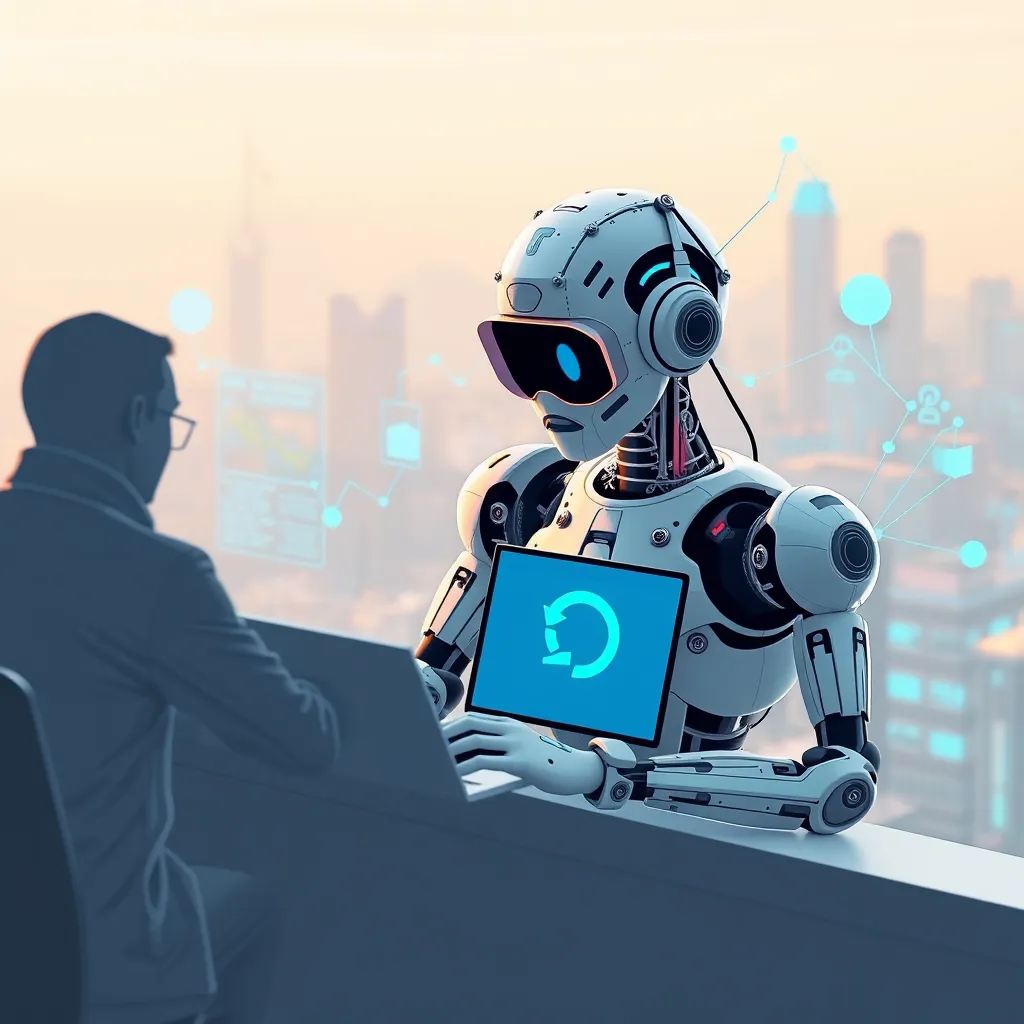From Autocomplete to Autonomy: The New Development Workflow
The evolution represents a fundamental shift in how software gets built. While tools like GitHub Copilot demonstrated that AI could help complete coding tasks faster, the Agentic SDLC envisions a more symphonic process. In practice, this means architecture agents can convert specifications into compliant design scaffolds overnight, while test agents autonomously create regression suites before the morning stand-up.
The Economic Imperative: Productivity and Quality Gains
The drive towards agentic systems is fueled by compelling business benefits. Industry research indicates that autonomous AI agents can handle a significant portion of routine developer tasks, leading to substantial cost savings and faster time-to-market. Beyond cost, the impact on quality and velocity is profound, with many development teams reporting increased productivity and improved code quality when properly implementing agentic workflows.
Real-World Agents in Action
The ecosystem of AI coding agents is rapidly expanding, with specialized tools emerging for different aspects of development. New platforms are enabling autonomous AI “software engineers” capable of building and troubleshooting entire applications from natural language prompts, handling everything from API design to CI/CD pipeline integration. Implementing these complex systems requires careful planning and strategic thinking, much like the structured approach needed for Comprehensive case interview prep when solving business challenges.
Navigating the Shift: Strategy Over Speed
Adopting an Agentic SDLC is not merely a technological upgrade; it requires redesigning development processes and establishing clear governance frameworks. Success hinges on creating the right balance between AI autonomy and human oversight, ensuring that the increased velocity doesn’t compromise code quality or system stability.
The Future is Agentic
The transformation of software development is underway. As major tech companies build infrastructure for agentic workflows and new platforms enable orchestration of multiple specialized agents, the very nature of a developer’s role is evolving. The winners in this new era will be those who treat AI not as a novelty but as a transformative force, redesigning their workflows to integrate agents seamlessly and capture tangible value from this technological shift.
